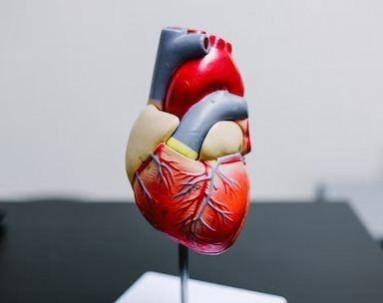A gum disease called periodontitis can lead to a litany of dental issues from bad breath to bleeding and lost teeth, and now it is found that it could also lead to a serious heart problem, a new study has shown.
According to the study published in Clinical Electrophysiology, the team of researchers found a significant correlation between periodontitis and fibrosis -- scarring to an appendage of the heart's left atrium that can lead to an irregular heartbeat called atrial fibrillation -- in a sample of 76 patients with cardiac disease.
"Periodontitis is associated with a long-standing inflammation, and inflammation plays a key role in atrial fibrosis progression and atrial fibrillation pathogenesis," said first author Shunsuke Miyauchi, assistant professor at the Japan-based Hiroshima University.

"We hypothesised that periodontitis exacerbates atrial fibrosis. This histological study of left atrial appendages aimed to clarify the relationship between clinical periodontitis status and degree of atrial fibrosis," he added.
Moreover, the study mentioned that the patient's left atrial appendages were surgically removed, and the researchers analysed the tissue to determine the correlation between atrial fibrosis and gum disease severity.
They found that the worse the periodontitis, the worse the fibrosis, suggesting that the inflammation of gums may intensify inflammation and disease in the heart.
"This study provides basic evidence that periodontitis can aggravate atrial fibrosis and can be a novel modifiable risk factor for atrial fibrillation," said corresponding author Yukiko Nakano, professor of cardiovascular medicine at Hiroshima University's Graduate School of Biomedical and Health Sciences.

Further, Nakano suggests that in addition to improving other risk factors such as weight, activity level, and tobacco and alcohol use, periodontal care could help manage atrial fibrillation comprehensively.
(With inputs from IANS)

















